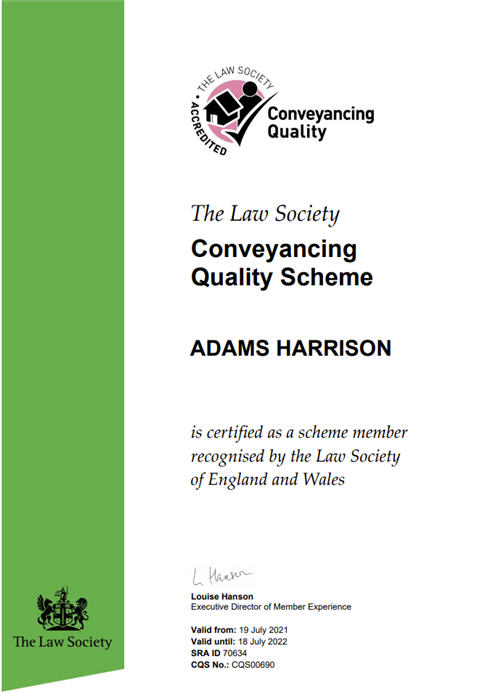The Trade Union Congress (TUC) has called for long Covid to be recognised as a disability and for Covid-19 to be classified as an occupational disease, a move that would grant legislative protections and access to compensation for workers.
A TUC report demonstrated that 5% of those questioned revealed that they had lost their jobs as a result of the impacts of long COVID.
Under the Equality Act 2010 it is unlawful discrimination to treat an employee or worker less favourably due to a “protected characteristic”. Disability is a named protected characteristic under the Act. Some conditions and diseases are automatically deemed by legislation to amount to a disability, including cancer, multiple sclerosis and blindness. Other conditions can be regarded as a disability, and therefore afforded the protection of the Equality Act 2010, but only if the definition in section 6 of the Equality Act 2010 is made out. This poses four essential questions:-
- Does the person have a physical or mental impairment?
- Does that impairment have an adverse effect on their ability to carry out normal day to day activities?
- Is that effect substantial?
- Is that effect long-term?
It is necessary to carefully analyse each question and support it with medical evidence. It is entirely possible that a person with long Covid could satisfy the above requirements. But it would give individuals with the condition much greater protection if it was one of the conditions deemed to be a disability, like cancer. The hoops in section 6 would then not have to be gone through.
There are various ways in which an employer can unlawfully discriminate as a result of a person’s disability. This protects workers, employees and job applicants:-
Direct disability discrimination: being treating less favourably than others because of a disability.
Discrimination arising from a disability: treating someone unfavourably because of something arising in consequence of disability without objective justification.
Indirect disability discrimination: Applying a provision, criterion or practice that disadvantages someone with a disability without objective justification.
Reasonable adjustments: Failing to comply with the duty to make reasonable adjustments where a person with a disability is placed at a substantial disadvantage.
Harassment: subjecting someone to harassment related to disability.
Victimisation: Victimising someone because they have made or intend to make a disability discrimination complaint, or because they have done or intend to do other things in connection with the Equality Act 2010.
For detailed advice on all types of discrimination and related claims please contact our employment specialist, Jennifer Carpenter, solicitor and partner.














